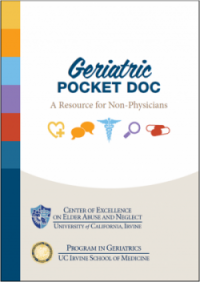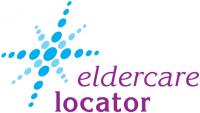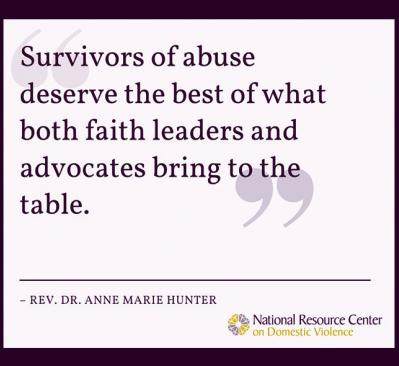Cross-sector involvement is crucial in addressing the unique needs of older survivors and preventing elder abuse and abuse in later life. The documents included in this section offer information on elder abuse and abuse in later life, including domestic violence, dating violence, sexual assault and stalking prevention and response by multiple sectors.
The National Clearinghouse on Abuse in Later Life webpage has a “get help” section designed to provide information for individuals who are being harmed or know an older adult who is being abused, neglected or exploited.
“Women are subject to health disparities across the life course, owing to multiple factors, including sexism, ageism, and other forms of structural discrimination and mistreatment which have been linked with greater risks for sexual violence and related trauma as well as resulting problems with physical and mental health as well as overall wellbeing.” Thus, a more intersectional approach to healthcare and social service delivery for older women is expressly needed, particularly since the COVID-19 pandemic (…)” (Hand, & Ihara, 2023).
 The Pocket Doc, available for purchase from the Center of Excellence on Elder Abuse and Neglect (University of California, Irvine) and the Program in Geriatrics (UC Irvine School of Medicine) is designed to be helpful to professionals in the fields of social work, law, and law enforcement who combat elder abuse. This sturdy spiral-bound book is a guide to common geriatric disorders and medications.
The Pocket Doc, available for purchase from the Center of Excellence on Elder Abuse and Neglect (University of California, Irvine) and the Program in Geriatrics (UC Irvine School of Medicine) is designed to be helpful to professionals in the fields of social work, law, and law enforcement who combat elder abuse. This sturdy spiral-bound book is a guide to common geriatric disorders and medications.
State Resources: The National Adult Protective Services Association offers access to state Adult Protective Service agencies via their online map.
 Eldercare Locator is a public service of the U.S. Administration on Aging to connect individuals and agencies to services for older adults and their families. They can also be reached at 1-800-677-1116
Eldercare Locator is a public service of the U.S. Administration on Aging to connect individuals and agencies to services for older adults and their families. They can also be reached at 1-800-677-1116
 “I put myself in Jesus and that’s what kept me going, and working in the church, getting involved and doing a lot of things to live, that kept me...I get through with my frustrations by helping others. And, doing for the community. As long as I was busy doing for others, and seeing the results and the successes, it brought me a long way.” – “Jane”, Black woman surviving abuse in later life, quoted in Hear My Cry: Breaking the Code of Silence around Intimate Partner Violence among Black Women in and beyond Midlife
“I put myself in Jesus and that’s what kept me going, and working in the church, getting involved and doing a lot of things to live, that kept me...I get through with my frustrations by helping others. And, doing for the community. As long as I was busy doing for others, and seeing the results and the successes, it brought me a long way.” – “Jane”, Black woman surviving abuse in later life, quoted in Hear My Cry: Breaking the Code of Silence around Intimate Partner Violence among Black Women in and beyond Midlife
The Special Collection, Faith, Spirituality, Religion & Domestic Violence outlines how faith leaders from many different spiritual communities can become effective allies in the prevention and intervention of domestic violence in their communities.









